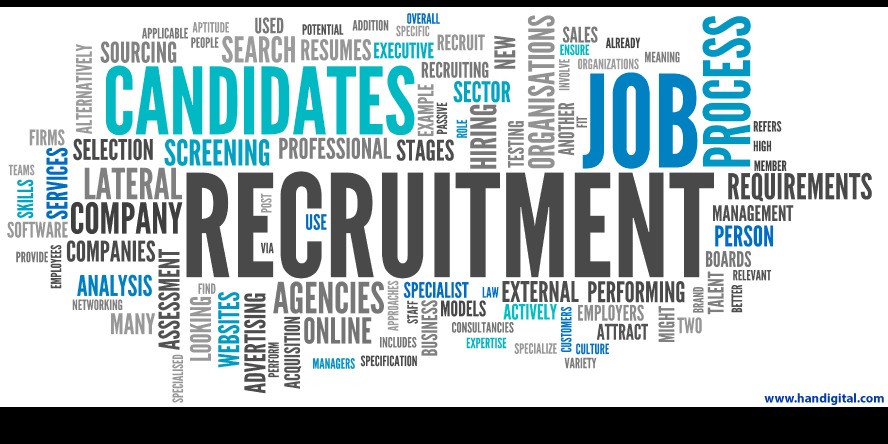

When do you need a dedicated HR team to steer your start-up Ship?
Reflection of my experience working with Indian Startup CEOs about having a dedicated HR team to grow the company by hiring and retaining the employees
Friday November 25, 2016 , 4 min Read
HR or Business? a catch 22 situation
It has often been experienced that, if your priority is treating people well, then you do not have to plan much for things to fall in place. We often see that people are focused on the finances, sales and customer growth. The people management of business things is on the bottom of their priority list, when it should probably be on the top. People practices and strategy can be a key distinguishing factor and a game changer. It helps you get a better workforce. It helps in people being employed longer in your company and it also helps in managing the startup dynamics in a great fashion.
Every startup or early stage organization wants to conserve cash, minimize spend and tread the path of extreme frugality, at least till the time they are bootstrapped. A typical founder group would, in addition to product development, customer acquisition and service delivery, generally tend to distribute and carry amongst themselves the additional load of operations and support functions (including HR and Finance).
Every fledgling organization needs to find action owners who should be responsible for ensuring that people are onboarded on time, the employee culture, ethics and work practices are thought through and that policies and processes are established.
More the time that the leadership team spends on managing the so called "non-core" activities, the greater is their distraction from achieving the goals of the organization on committed timelines. Such distractions are not only a thief of time but in a world of extreme competitiveness may impinge the very existence of the organization
When should Start ups onboard their HR resource?

undefined
The prime factor in deciding when you need to a dedicated HR resource is projections of future growth. It should not matter at all if you're 50 strong or 500 strong. What really (and only) matters is the speed at which your start-up is growing!! — If it is growing at more than 5% per month, then it is time to have a dedicated HR person in place. Initially, HR resources in a start up will spend > 75% of his / her time in recruiting, which will give the person some necessary bandwidth in devising and putting in place a basic framework for HR infrastructure which would be mandatory once the organization grows into a larger entity.
A long decision making process aka “Red Tapism” is taboo in a start-up culture where there are admirers value the efficiency of a lean team. Thus, Human Resources—a department associated with process and compliance—often ends up on the back burner.
This repulsion towards HR can catch startups completely off guard to handle typical employee challenges, such as mercurial growth or ability to handle complaints of harassment from employees. According to the Stanford University Study Project on Emerging Companies, conducted during the first dot-com boom, organizations that are nimble in establishing a HR function and putting in place associated systems and processes, were the fastest to go public and had the least probability of failure. Besides this, an aversion to early investment in HR can leave startups completely unprepared to handle typical workforce challenges like complaints of harassment, early attrition of key employees, payroll compliance related issues all of which can divert leadership focus and impact growth, leading to lower rates of success.
HR has been an often abused and subject matter of WhatsApp jokes in recent years, because it normally comes to play in a damage control mode (Much like the police force in Bollywood movies). HR actions are visible when things go wrong — when employees have to be fired, downsizing HR is practiced to avoid support costs, managing complaints of sexual harassment or when there's a conflict between two people on the team. But the focus needs to be on building a great organization. Thinking ahead and investing in HR helps you proactively create a great working environment and a company of great people, instead of just creating a company based on financial assumptions and efficient risk mitigation practices.
Looking for a strong HR hand to steer your ship? Drop me a line at [email protected]





